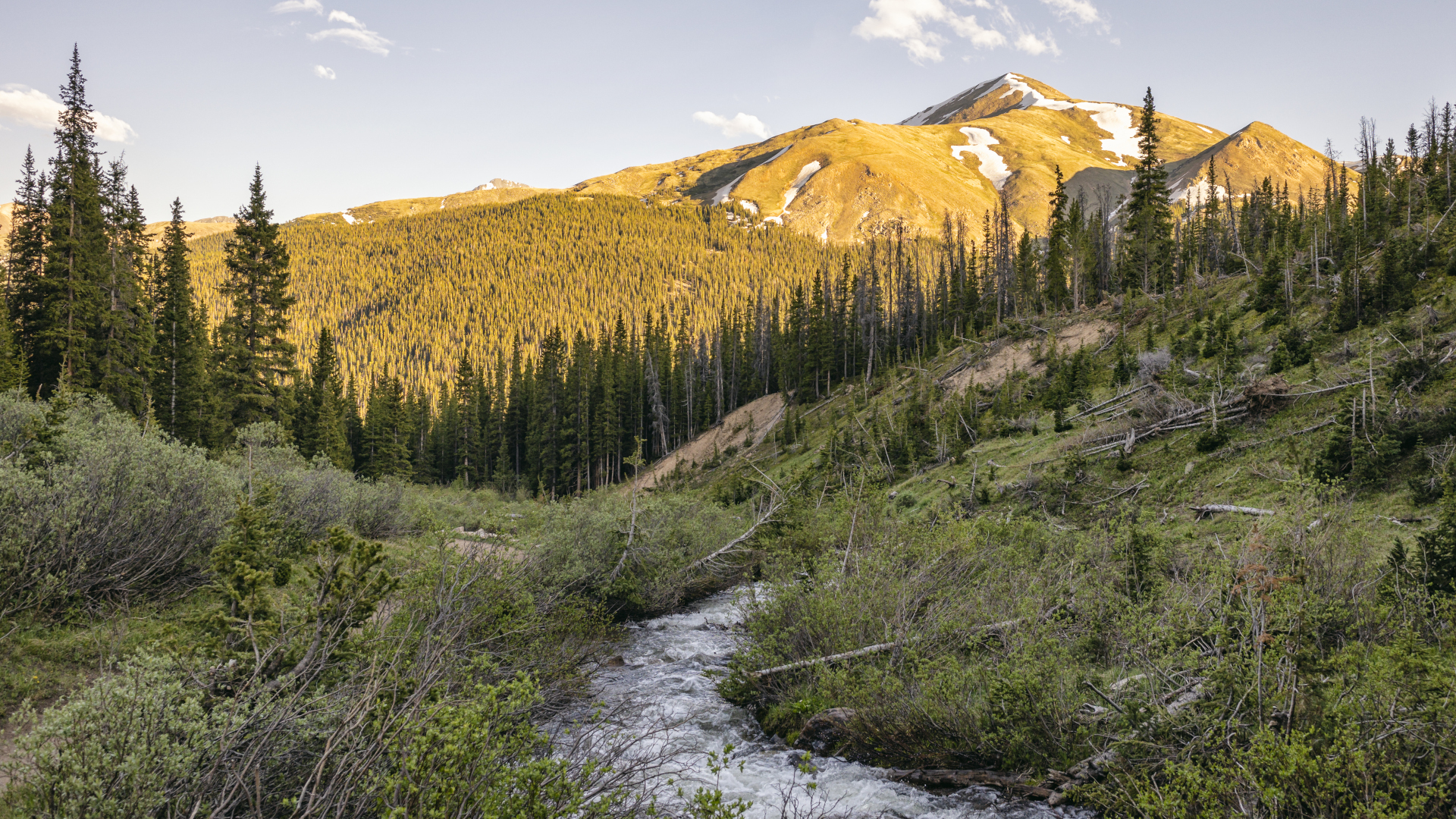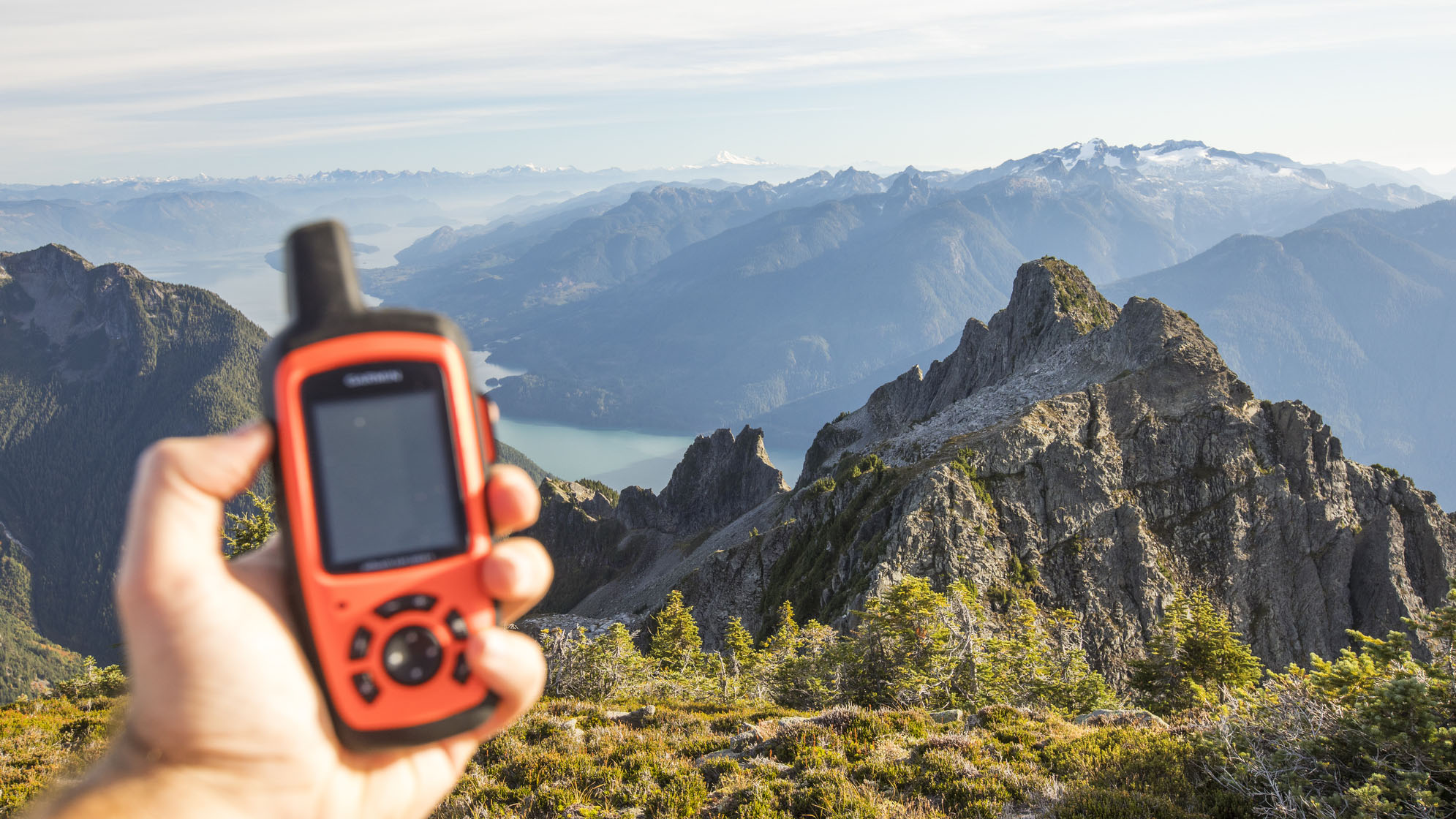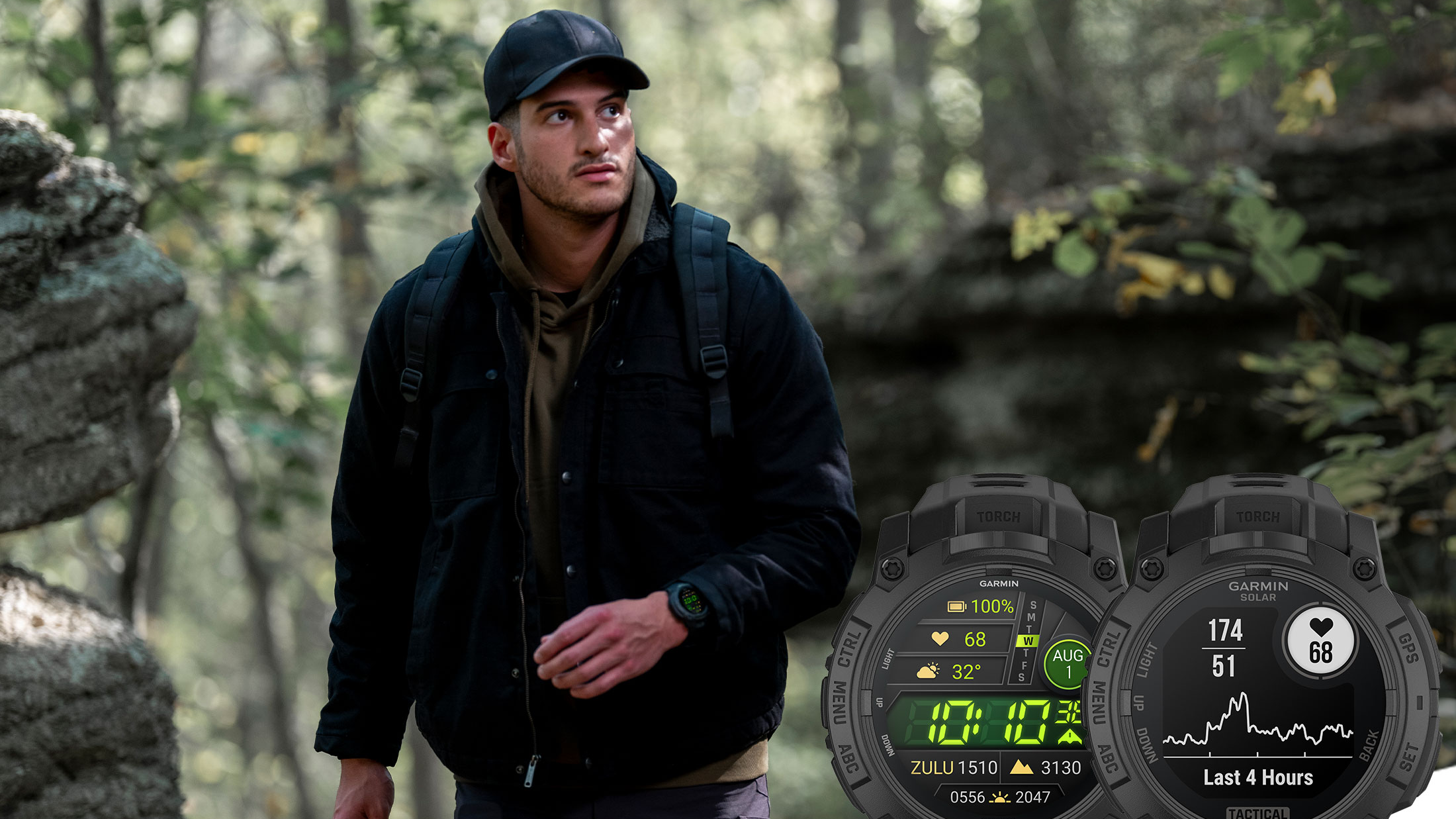"Nature does not care about your safety and will kill you" – hiker on spiritual retreat lost for 4 days after being encouraged to leave phone behind
Participants on the retreat had reportedly been encouraged to fast during the backcountry retreat, and leave their devices behind

A woman on a backcountry spiritual retreat in Colorado spent four days lost in the wild after being encouraged to undertake a solo hike without any means of communication.
Gina Chase, 53 from Victoria, Canada was recovered alive on Sunday by members of mountain rescue teams who had been searching the area for her since she was reported missing on Thursday.
According to a Facebook post by San Miguel Counter Sheriff's Office, Chase was part of a group of 11 campers on a "spiritual retreat" with the Animas Valley Institute based in Durango. The institute, founded in 1980, says on its website that it offers an "assortment of guided immersions into the mysteries of nature and psyche, including Soulcraft intensives, contemporary vision fasts, and training programs for nature-based soul guides."
The sheriff's office explains that the group was camping near Norwood and was encouraged to set off on solo hikes from the Lone Cone Trailhead on Wednesday afternoon without all of the items that are considered hiking essentials.
"Participants were discouraged from bringing cell phones or any other electronics and to fast on their so-called “quests” to “maximize a spiritual experience with nature.”"
Instead of bringing communications devices such as a cell phone or satellite communicator, the sheriff's office reports that Chase and her fellow retreatants were encouraged to use a buddy system to ensure everyone returned to camp safely. When Chase's buddy realized she had not made it back to camp on Thursday morning, the alarm was raised and retreat guides realized she had not slept in her tent.

Retreat guides believed Chase was carrying only a daypack with an emergency blanket, a whistle, a power bar and some water. After searching for Chase for several hours, guides contacted mountain rescue who initiated a large-scale operation of dozens of crew members to search the difficult terrain and dense underbrush. Chase was found uninjured on Sunday.
Advnture Newsletter
All the latest inspiration, tips and guides to help you plan your next Advnture!
“Obviously this is the outcome we were all hoping for, and we couldn’t be happier for Ms. Chase and her family," says San Miguel County Sheriff Bill Masters.
However he also issued a stern warning surrounding the dangers of entering the backcountry without proper safety equipment.
“You should always bring technology for communications. Furthermore you should not starve yourself even if a “guide” service suggests the opposite of these basic safety rules. Nature does not care about your safety and will kill you especially if are not properly prepared."
The Animas Valley Institute released a statement regarding the incident on their website yesterday, writing:
"The Institute is immensely grateful to the team of professionals and volunteers who led the search. Their commitment and dedication have been exemplary. The Animas Valley Institute has run backcountry programs in Colorado since 1980 with no serious incidents. The safety of our participants remains our highest priority."
According to its website, the Institute leads programs around the world, charging between $2,025 and $3,000 for an 11-day camping retreat that involves three or four nights of solo camping, fasting (drinking only water) and non-specified ceremonies.
Advnture has submitted an inquiry to the Institute asking if they plan to revise their safety protocols for future retreats.

How to stay safe in the backcountry
Recreating in the backcountry requires planning, preparation and training. This includes researching your route, carrying a map and compass, packing emergency gear and being in good physical condition – well-nourished as well as fit.
Though cell phones may not work in the backcountry, they can still help save your life. Apple devices with the SOS function allow you to call for help even without service, though it's recommended that you also carry a portable charger if you're relying on a phone.
A GPS satellite communicator, such as the Garmin InReach, will work anywhere in the wild so long as you're not under a thick canopy of trees or rocks and have a clear view of the sky.
Colorado Search and Rescue advises bringing the following on a backcountry adventure:
- Water: Bring more than you think you’ll need and carry at least two liters per person, hydration packs are recommended.
- Food: Pack enough for how long you plan to be out and bring extra just in case.
- Sun protection: Hat, neck gaiter, sunscreen, protective clothing and sunglasses.
- Travel first-aid kit including daily medications.
- Headlamp/flashlight and extra batteries.
- Multi-tool or pocket knife and duct tape for quick repairs.
- Extra hiking layers.
- Navigation tools: Paper map, compass, GPS device, cell phone.
- Backup power source.
- Whistle: To alert people of your presence if you’re lost and/or injured
- Emergency shelter: Bivy sack, blanket, small tarp or even a large, heavy-duty lawn/leaf bag.
- Firestarter: Lighter or waterproof matches.
Julia Clarke is a staff writer for Advnture.com and the author of the book Restorative Yoga for Beginners. She loves to explore mountains on foot, bike, skis and belay and then recover on the the yoga mat. Julia graduated with a degree in journalism in 2004 and spent eight years working as a radio presenter in Kansas City, Vermont, Boston and New York City before discovering the joys of the Rocky Mountains. She then detoured west to Colorado and enjoyed 11 years teaching yoga in Vail before returning to her hometown of Glasgow, Scotland in 2020 to focus on family and writing.

